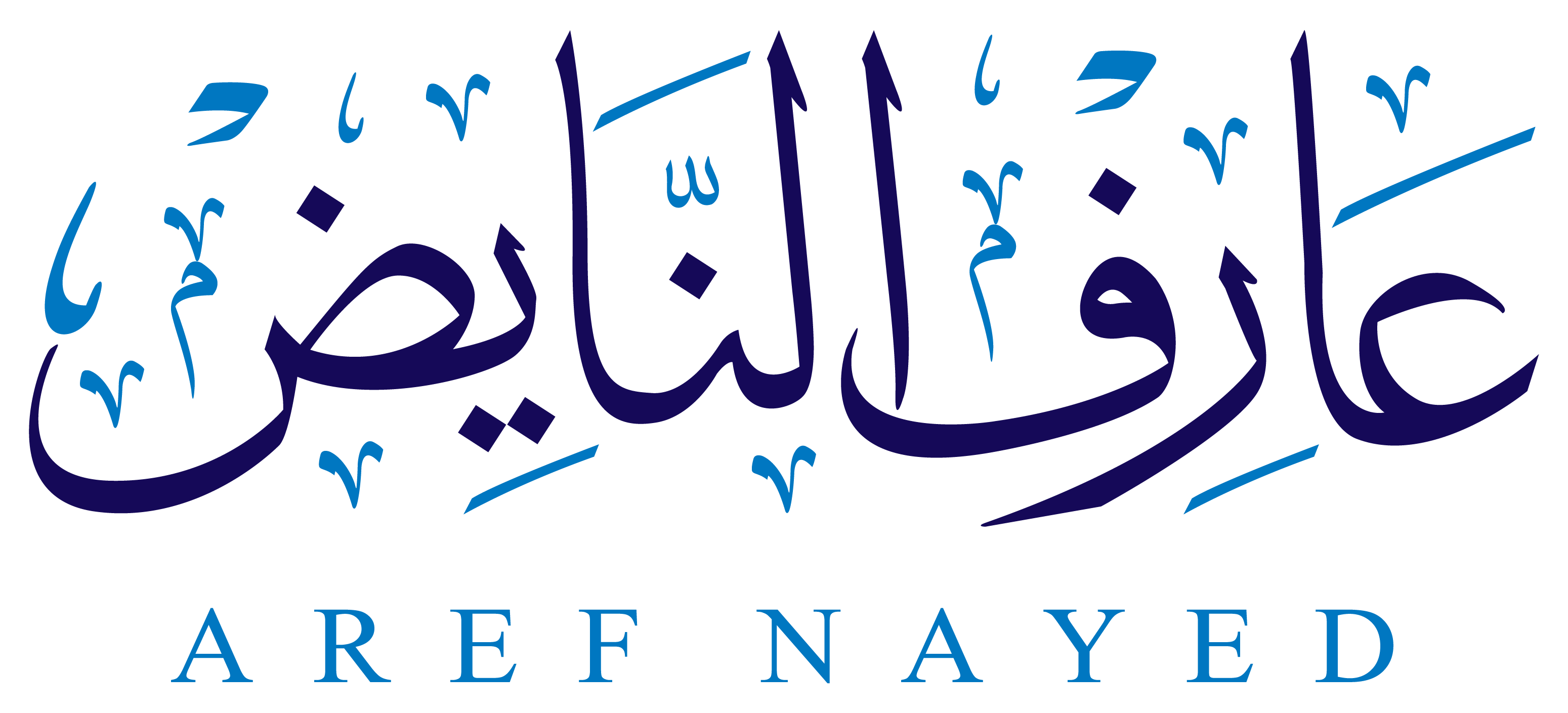Improving Education
Improving Education
Why it Matters
Libya’s education and training system will play a major role in providing our population with the necessary skills to diversify the economy, grow new industries, make informed life decisions, and participate in political and social processes to achieve stabilization and recovery. Education and lifelong learning is both a human right and critical prerequisite for Libya to keep pace with other nations in the 21st century.
Improving Education
Why it Matters
Libya’s education and training system will play a major role in providing our population with the necessary skills to diversify the economy, grow new industries, make informed life decisions, and participate in political and social processes to achieve stabilization and recovery. Education and lifelong learning is both a human right and critical prerequisite for Libya to keep pace with other nations in the 21st century.
My Plan for Libya
Equal Access for All Libyans
Like many developing nations, youth make up the largest percentage of the Libyan population. Though it has been said many times, it is true that children are the future of Libya. These facts make it critical that every Libyan child has access to quality education. Equal opportunity to quality education must be of extreme priority in order to stabilize Libya.
Assessing Libya’s Education System
In order to improve Libya’s education system, we must compare ourselves to the standards of education utilized by other countries. One way of identifying and remediating system deficiencies and benchmarking Libya’s education system relative to other countries should be participation in international student assessments such as the Trends in International Mathematics and Science Study, the Progress in International Reading Literacy Study, and the Program for International Student Assessment.
Encouraging Quality Education Professionals
Teacher quality is a critical factor in promoting student achievement. While Libya does not face a shortage of teachers due to our legacy system of employing reserves, we do have a qualitative shortage of qualified teachers. Many of our nation’s educators at the primary and secondary level lack sufficient qualifications and are not obligated to undertake service training to maintain and update their skills to new requirements. Teacher training programs linked with professional licensing standards must be considered as a method for upgrading teacher quality.
Developing Educational Means to Meet Challenges
The challenges experienced over the past year to confront the spread of COVID-19 pandemic exposed the lack of technological means in some sectors, as well as weak infrastructure, especially within educational institutions in Libya.
Educational institutions in Libya have ceased due to their total reliance on traditional means of education and lack of prior interest in keeping with technological developments. There is a completely lack of attention paid to teacher performance and training to help them adapt to modern technology and use it to enhance learning. Such challenges make it vital to develop means of education from traditional to digital and improve infrastructure. Such a process will enhance Libya’s level of preparadness to confront any crises and improve the level of educational delivery in the country.
Tailoring Education for the Future Needs of Libya
While reassessing Libya’s education system, we must place particular importance in making improvements to meet Libya’s future social, economic, and political needs. We need to develop educational curricula and training programs that respond to the current and future needs of the labor market and provide a solid grounding in moral and ethical values that promote tolerance, understanding their traditions and value cultural heritage, innovation, and creativity. In addition we need to establish links between academic research and private sector industries to encourage innovation and economic growth.
MY RECORD THUS FAR
- An immediate focus on human development is essential to national progress and overcoming Libya’s current challenges
- Aref Nayed played a key role in establishing the League of Libyan Ulema which united Libya’s religious leaders to call for the previous regime to step down and continues to provide moral guidance to youth
- Strengthening public service delivery to be more responsive to citizens at the national and municipal level should be at the top of the government’s agenda
- Libyan youth will not allow tyranny, corruption, and totalitarianism to happen again in Libya
Support Aref’s Plan for Improving Education
Quality education and lifelong learning is both a human right and critical prerequisite for securing the future of our country. Add your name to support Aref Nayed’s plan to move Libya forward by implementing world-class education quality standards to prepare our youth for employment and successful adult lives.
Vision for Libya:
Safe
AREF’S PLAN TO MOVE LIBYA FORWARD
• Achieving a Cease-fire
• Promoting Dialogue
• Rebuilding Institutions
Safe
AREF’S PLAN TO MOVE LIBYA FORWARD
• Seeking Disarmament
• Promoting Dialogue
• Rebuilding Institutions
United & Open
AREF’S PLAN TO MOVE LIBYA FORWARD
• Rebuilding National Identity
• Joining the Global Community
Caring
• Defining A Vision for Libya
• Reinventing Government
• Rebuilding Communities
• Rebuilding Support Systems
Fair
AREF’S PLAN TO MOVE LIBYA FORWARD
• Protecting Human Rights
• Securing the Rule of Law
• Providing Opportunity
Healthy
AREF’S PLAN TO MOVE LIBYA FORWARD
Smart
AREF’S PLAN TO MOVE LIBYA FORWARD
• Improving Education
• Employing Our Youth
• Investing in Innovation
Prosperous
AREF’S PLAN TO MOVE LIBYA FORWARD
• Resolving Property Disputes
• Growing Our Economy
• Rebuilding Infrastructure
Clean
AREF’S PLAN TO MOVE LIBYA FORWARD
